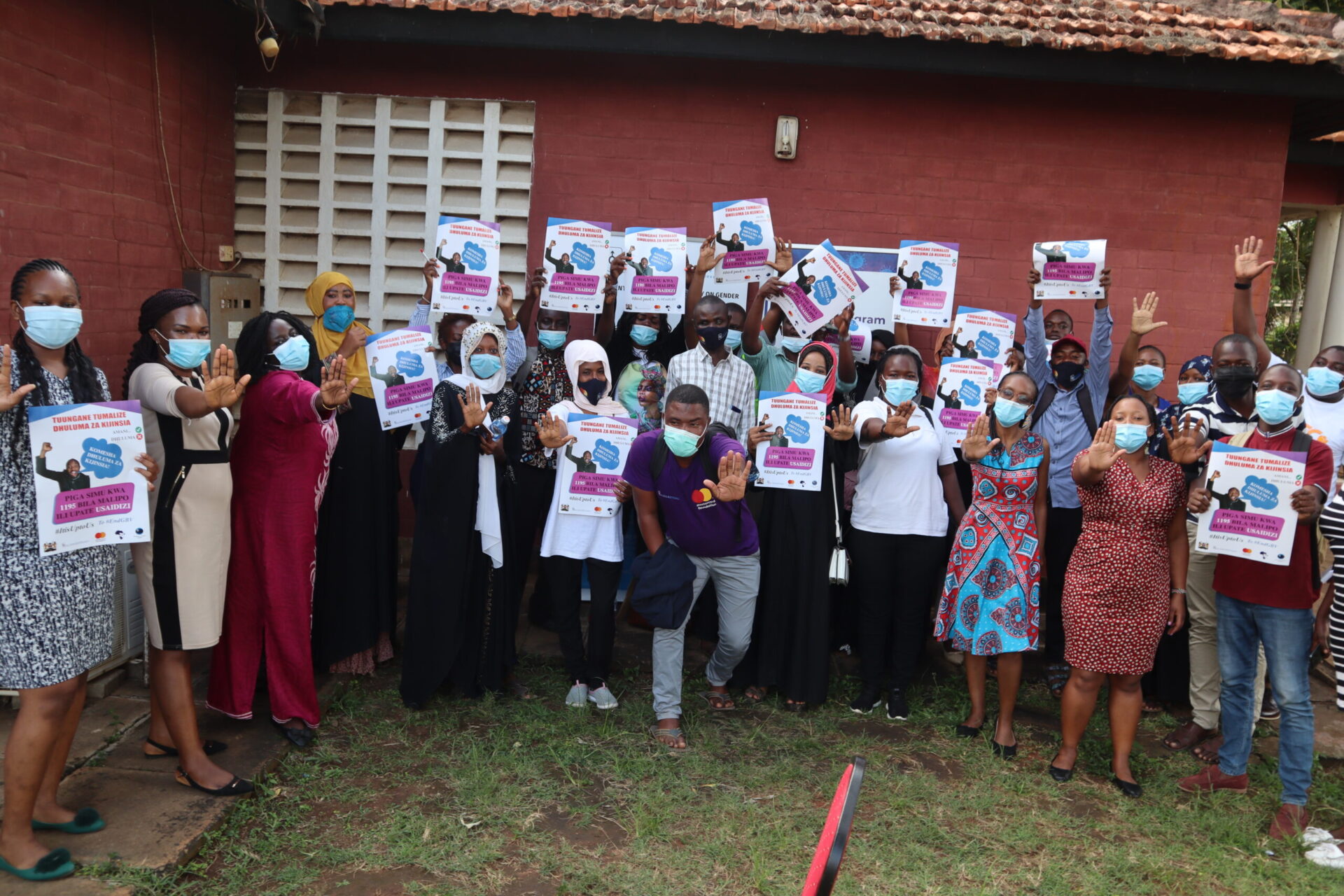COVID-19 RECOVERY AND RESILIENCE PROGRAMS
Donor: Mastercard Foundation
Duration: June 2020 to June 2021
Covid-19 Recovery and Resilience Program (CRRP) is a one-year emergency program aimed at mitigating the Sexual and Gender-Based Violence that is on the increase since the emergence of the COVID 19 pandemic on women and girls in 10 counties. CCGD is working in the border counties of Kwale, Kajiado, Mandera and Busia. The project aims at contributing to better response to SGBV through enhancing community and police preparedness and referrals to safe houses, timely clinical, psychosocial support; and pro-bono legal services to survivors of SGBV, enhancement of joint community and government action to prevent, manage child pregnancies, work collaboratively with youth organizations to mitigate negative social impacts of the pandemic control, contribute to combating increased SGBV cases on women cross border traders occasioned by limitation on movement of people and goods and long waiting period at border points, enhance the effectiveness of national and county SGBV coordination mechanisms.
Objectives:
1) To strengthen the institutional capacities of state and non-state actors to effectively address sexual and gender-based violence (SGBV) during the COVID-19 pandemic period while improving knowledge management of SGBV for evidence-based policy development and accountability.
CORE ACTIVITIES
Institutional support
- Support SGBV Hotline -1195
- Support national and country emergency response coordination taskforce
- Connect SGBV survivors to first responders (referral pathway)
- Support the EAC GBV working group to develop a one-year workplan and key Regional and National advocacy activities on Teenage pregnancies and child marriage.
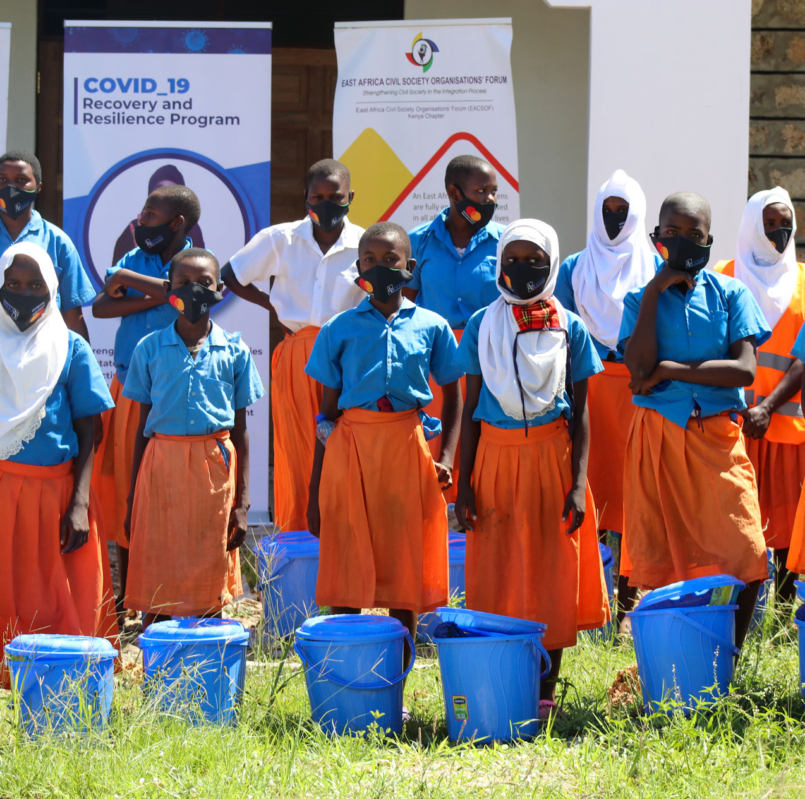
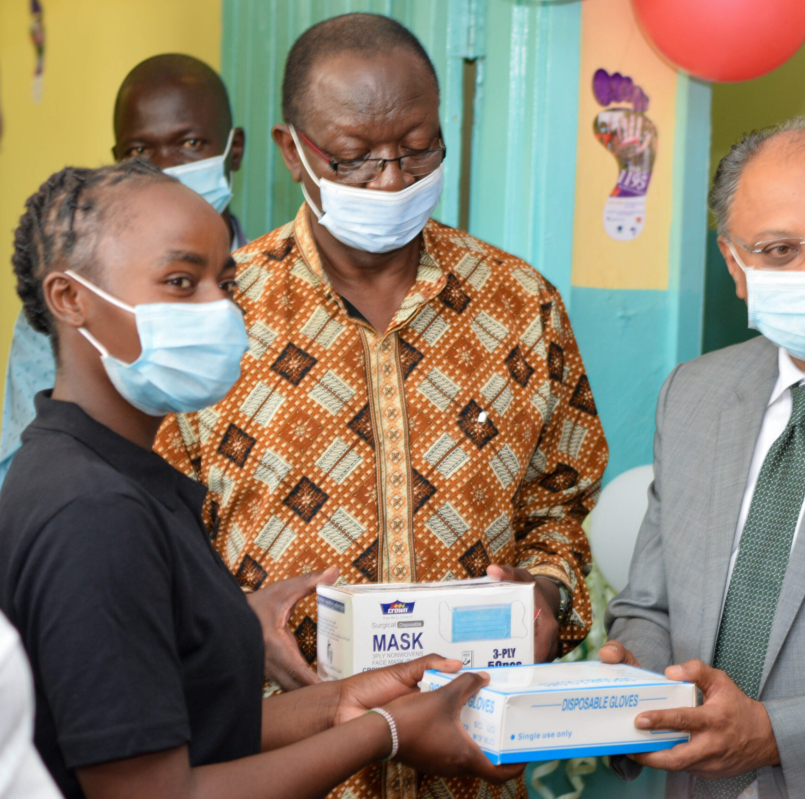
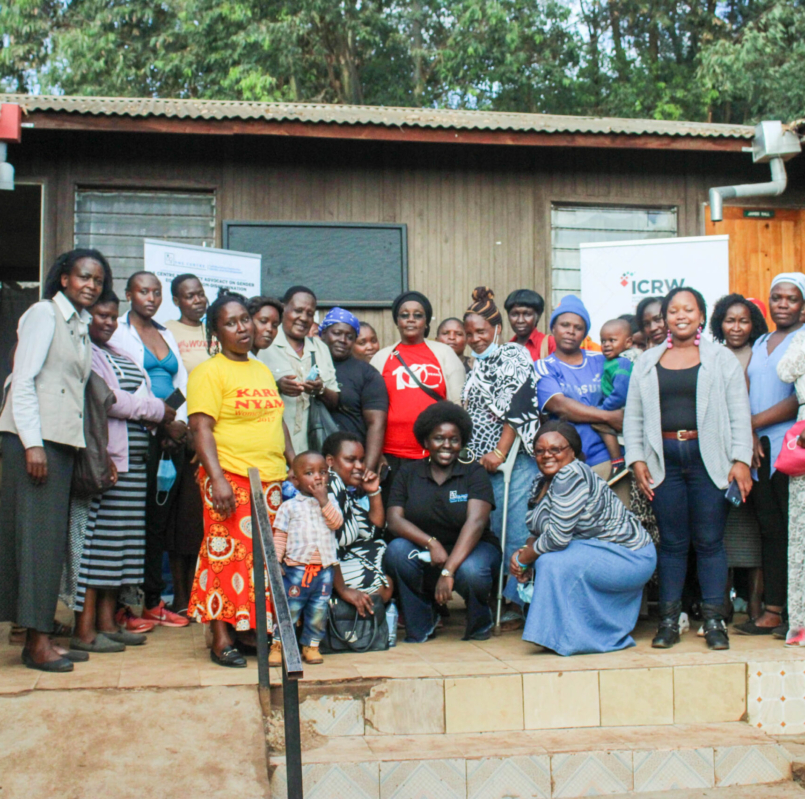
Service delivery
- Support SGBV survivors with the provision of shelter, counseling, and legal support
- Support national and country emergency response coordination taskforce
- Connect SGBV survivors to first responders (referral pathway)
- Support the EAC GBV working group to develop a one-year workplan and key Regional and National advocacy activities on teenage pregnancies and child marriage.
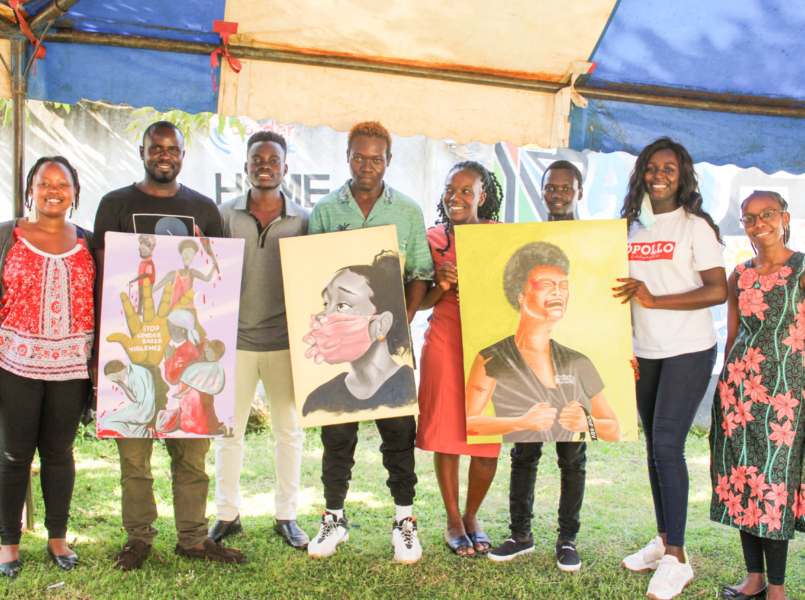
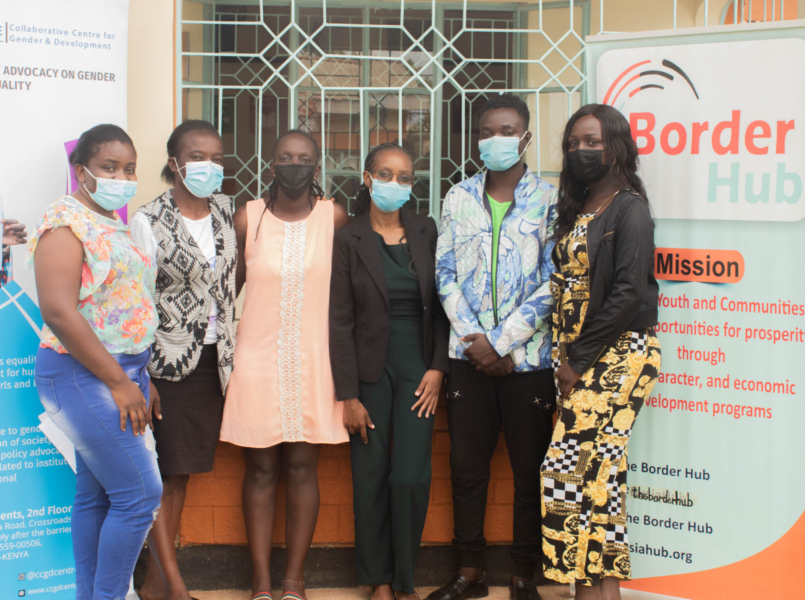
EXPECTED OUTCOMES
- Enhanced Capacity of Young women and men to organize and effectively advocate for the protection of women and girls and specifically in ending GBV
- Strengthened youth networks effectively engaging and leading in multi-sectoral partnerships in the prevention and response to GBV.
- Enhanced effective multi-sectoral coordination mechanisms in place that address systemic social norms and attitudes that perpetuate GBV among the youth.
- Enhanced recovery and resilience of young women and men by utilizing their entrepreneurship skills in mitigating and reducing the socio-economic impacts of GBV.
YOUTH ADVOCACY
Covid-19 Recovery and Resilience Program gives young people an opportunity to exercise their leadership skills and forge innovative solutions to prevent and respond to the effects of COVID-19 on women and girls. This is through capacity building and the involvement of young champions to mitigate Gender-Based Violence. CCGD has a network of young voices on GBV in Busia, Kajiado, Kwale and Mandera Counties that have a total of 120 young people active in the promotion of the rights of women and girls. The network is led and coordinated by 5 lead champions in each county where young people take initiative to create awareness on GBV through school and community outreaches and also sensitize the community on the GBV Referral Pathway. The youth also act as watchdogs in their communities to report GBV cases and support survivors. The program also contributes to reducing the causes of gender-based violence and its adverse effects among young women and men through socio-economic mechanisms by conducting entrepreneurship skills training. This is done in partnership with the youth-led grassroots organizations in the target counties.
OBJECTIVES
- To foster and strengthen coordination and collaboration of youth and youth-led organizations in the promotion of the rights of women and girls and gender equality
- To anchor and mainstream the youth’s voice in the prevention and response to gender-based violence by ensuring their active participation in the decision-making levels in their communities.
- To support young people in leading impactful initiatives in their communities through capacity building.

